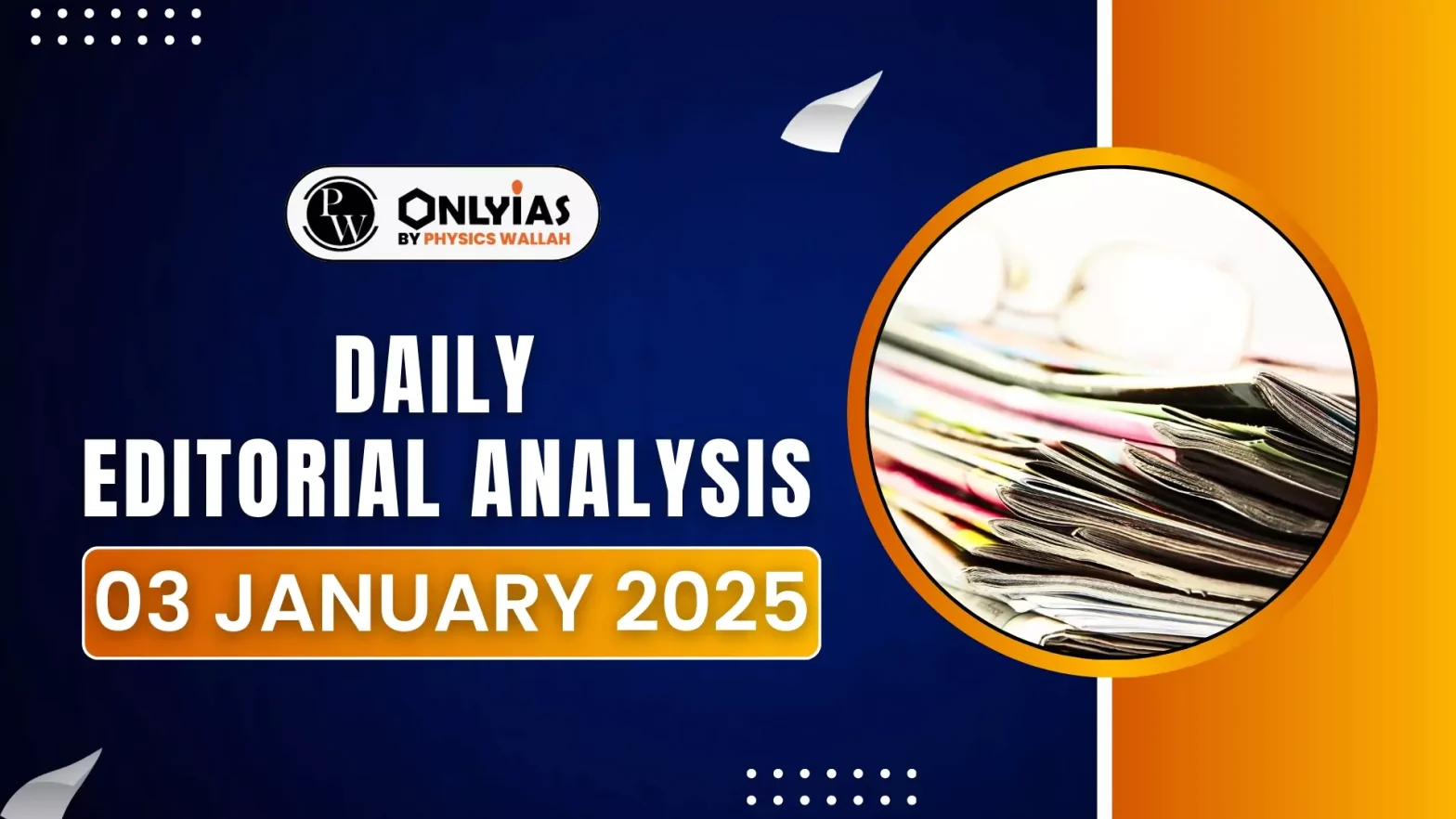The issue of filling government vacancies in India is often overlooked despite its significant impact on both governance and the economy.
- Addressing this concern could drastically improve productivity, enhance service delivery, and contribute to smoother governance.
Vacancy Crisis and Shortage Challenges:
1. India’s Justice System
- Backlog of Cases:
- Over 5.8 million cases — some 4.26 million civil matters and almost 1.6 million criminal cases — are pending in high courts, with more than 45 million cases in subordinate courts.
- Over 62,000 cases have been pending for 30+ years.
- Acute Shortage of Judges:
- Many High courts operate with less than 50% of their sanctioned strength.
- As of January 2024, 331 out of 1,114 high court judge vacancies remain unfilled.
- Over 5,000 vacancies exist in subordinate courts.
Enroll now for UPSC Online Classes
2. Regulatory Bodies and Tribunals
- National Company Law Tribunal:
- 43 members against a sanctioned strength of 63, contributing to 716 days for insolvency resolution (well beyond the stipulated 330 days).
- Debt Recovery Tribunal: Faces paralysis due to lack of presiding officers.
3. Executive Branch
- Significant vacancies in state police departments (estimated 20% of sanctioned strength).
- Bureau of Police Research and Development and other agencies facing personnel shortages.
4. Lower-Level Bureaucracy
- Indian Railways: Hundreds of thousands of unfilled posts, even not enough to ensure safety functions.
- Government Hospitals and Schools: Frequent headlines about staff shortages affecting public services.
- Vacancies Across All Government Departments: Departments struggle to maintain full staffing due to administrative delays, policy inefficiencies, and resource constraints.
Can Filling Vacancies Reduce Unemployment?
- Filling vacancies will definitely help tackle India’s enormous unemployment problem, even if on a smaller scale.
- Although it won’t solve the entire unemployment crisis, it will have an immediate impact at every level of society as the operation of government and other executive functions becomes smoother.
|
Reasons Behind Unfilled Vacancies
- Inefficiency and Bureaucratic Hurdles: Recruitment exams are often cancelled or postponed due to issues like question paper leaks.
- Budgetary Constraints: Governments delay hiring when revenues are lackluster or due to concerns about future pension liabilities.
- Automation and Digitization Concerns: Fears of technology reducing manpower needs lead to hesitation in filling vacancies, though many areas require human resource inputs.
Check Out UPSC NCERT Textbooks From PW Store
Way Forward
- Fill Vacancies Urgently: The government must take immediate action to fill vacancies in critical sectors such as the judiciary, police, healthcare, and education, which are not affected by automation.
- This will ensure that essential services are not delayed and improve overall governance.
- Update Sanctioned Strength: The sanctioned strength of various government departments should be regularly reviewed and updated to reflect the current needs, considering the population growth and evolving demands of modern governance.
Conclusion
Vacancy-related delays negatively affect India’s governance, leading to inefficiencies and economic losses.The Indian government must take decisive action to fill existing vacancies and address the underlying causes of this issue, ensuring smoother operations in courts, hospitals, police, and other key sectors for the betterment of the economy and society.
![]() 3 Jan 2025
3 Jan 2025
